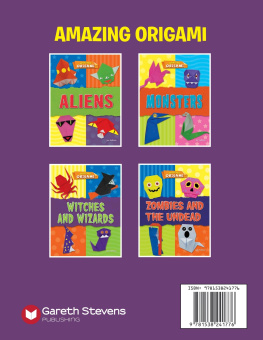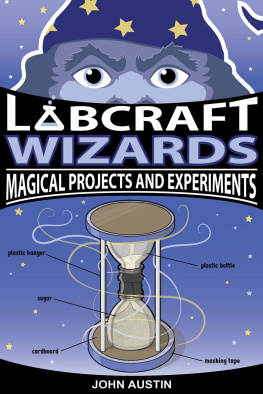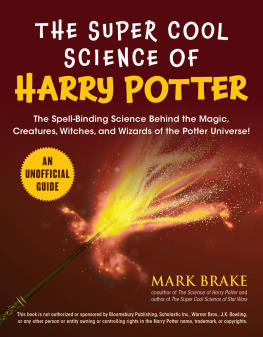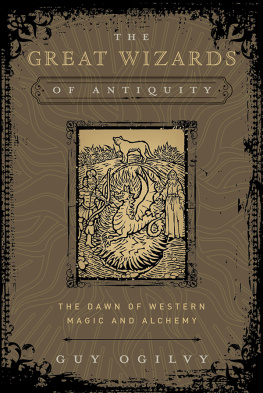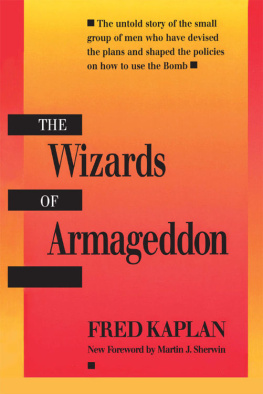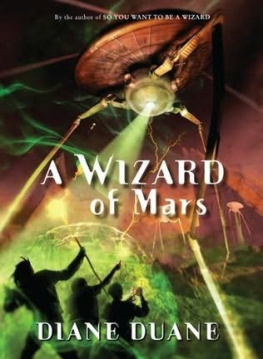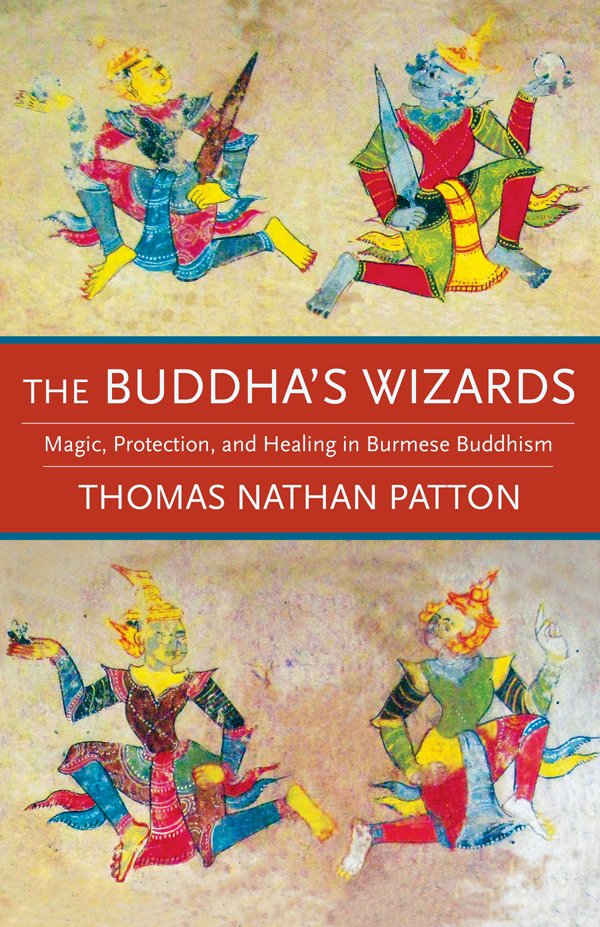Contents
Guide
Pagebreaks of the print version
THE BUDDHAS WIZARDS
THE BUDDHAS WIZARDS
MAGIC, PROTECTION, AND HEALING IN BURMESE BUDDHISM
THOMAS NATHAN PATTON
Columbia University Press
New York

Columbia University Press
Publishers Since 1893
New York Chichester, West Sussex
cup.columbia.edu
Copyright 2018 Columbia University Press
All rights reserved
E-ISBN 978-0-231-54737-6
Library of Congress Cataloging-in-Publication Data
Names: Patton, Thomas Nathan, author.
Title: The Buddhas wizards : magic, protection, and healing in Burmese Buddhism / Thomas Nathan Patton.
Description: New York : Columbia University Press, 2018. | Includes bibliographical references and index.
Identifiers: LCCN 2018010997 (print) | LCCN 2018033294 (ebook) | ISBN 9780231187602 (cloth : alk. paper)
Subjects: LCSH: BuddhismBurma. | BurmaReligious life and customs. | WizardsBurma. | OccultismBurma.
Classification: LCC BQ438 (ebook) | LCC BQ438 .P38 2018 (print) | DDC 294.3/43309591dc23
LC record available at https://lccn.loc.gov/2018010997
A Columbia University Press E-book.
CUP would be pleased to hear about your reading experience with this e-book at .
Cover design: Milenda Nan Ok Lee
Cover image: U Bho Thi Library, Thaton, white parabaik ms 1. Photo courtesy D. Christian Lammerts.
For my Triratna : Oiyan, Rosalie, and Anneliese

CONTENTS
I would not have been able to complete this book had it not been for the kindness of many people. It has been my very good fortune to have had Anne Blackburn as my teacher, mentor, and friend over these many years. I thank her for believing that the research for this book was worth pursuing, which encouraged me to continue with this study. The book has greatly benefited from Annes guidance, keen insights, and good judgment. A great debt of gratitude also goes to Erik Braun, Lilian Handlin, D. Christian Lammerts, and Alicia Turner. Erik not only read most of this manuscript in earlier drafts but also went out of his way to thoughtfully answer my numerous questions related to publishing and academia in general. Lilian read the entire manuscript with care and offered both excellent suggestions and images that helped improve the quality of this book. Christian provided motivation for this project from its initial stages and has been more than generous in sharing with me any source he has come across. Alicia has always been willing to drop what she was doing to offer sound advice whenever I needed it. The intellectual and personal support that all of the above people have given me over the course of this project cannot be overstated. Their friendship and academic camaraderie have meant much to me, and I have turned to them on countless occasions for moral support and drawn on their vast knowledge of Buddhism and Burma studies, which they have shared selflessly.
This book would have never even gotten off the ground had it not been for the enduring and generous help I received from friends and colleagues in Myanmar. My friend and research assistant, Toe Win, accompanied me on many research trips and, with the help of his mother, nursed me back to health on the many occasions I fell ill. Some of my fondest memories in Mandalay are of us relaxing, sipping tea at one of the local tea shops. Soe Kyaw Thu selflessly and diligently collected and shared dozens of crucial documents for this study, as well as introduced me to numerous individuals who follow the weizz path. Likewise, Dr. Tin Maung Kyi shared valuable and rare sources with me and explained, with care and patience, the intricate world of the weizz . Dr. Than Tun Sein took time out of his busy schedule on several occasions to drive me to remote weizz places of interest and shared with me his knowledge about particular weizz saints. Daw Mi Mi and Daw Khin Soe Aye were like older sisters to me and always made sure I was adequately fed and in good health. The nuns of Maukathiwon Thilashin Kyaung allowed me to stay in their nunnery on multiple occasions.
I began this project while still a doctoral student at Cornell University and, therefore, would like to acknowledge the support and mentorship of the faculty of the Cornell Southeast Asia Program and the Department of Asian Studies, particularly Brett de Bary, Thak Chaloemtiarana, Tamara Loos, Jane Marie Law, Stanley OConnor, San San Hnin Tun, Eric Tagliacozzo, and Keith Taylor. From my very first semester as a graduate student, Daniel Gold was supportive and encouraging, providing sound advice at every step of the way. Andrew Willfords brilliance and kindness have been an inspiration, and our long chats over the years have been instrumental in developing this book. Magnus Fiskesj provided valuable comments on . While at Cornell, other people also helped me a great deal. I thank Claudine Ang, Jack Chia, Lawrence Chua, Pamela Corey, Jane Ferguson, Nina Hien, Samson Lim, Rosalie Metro, Lorraine Patterson, Trais Pearson, Cuong Pham, John Phan, and Erick White.
Beyond Cornell and Myanmar, I am indebted to many friends and colleagues. Yin Ker shared with me sources related to the weizz that she came across. Conversations with Niklas Foxeus, as well as his own research on the weizz, have been an inspiration. Min Zin Oo sat with me on many occasions, helping me to decipher some of the more cryptic of weizz texts. Bo Bo Lansin provided me with rare weizz- related images. In my early stages of research, Kyaw Myaing taught me the basics of the weizz path. Mi Khin Khin Soe generously supported a follow-up research trip in 2011. Patrick Pranke, Keiko Tosa, Bndicte Brac de la Perrire, and Guillaume Rozenberg gave sound advice regarding undertaking fieldwork related to the weizz in Myanmar. Chie Ikeyas advice was invaluable during the initial stages of writing. John Ferguson invited me to his home during his last days and shared with me fascinating stories and documents regarding his research on weizz. Janet Gyatso, Kimberley Patton, and Donald Swearer patiently answered my numerous research-related questions. Jason Carbine, Erik Davis, Jane Lapea, Brooke Shedneck, and Luke Thompson have also given me valuable assistance. Very special thanks go to Justin McDaniel, who generously read the entire manuscript with great care and provided suggestions, comments, and critiques that helped me turn my initial manuscript from something I was merely content with to something I am now truly proud of. Richard Fox also read the entire manuscript, and his input has much improved the work and motivated me to rethink the ways I translate some of the Burmese terms into English. Anne Hansen also read large chunks of the book, provided detailed comments, and was the person who first encouraged me to look at the role of affect in Burmese Buddhism. Thanks go also to Juliane Schober and Steven Collins, who read most of this work and gave sage advice at various points of writing and research. Julia Cassaniti offered excellent suggestions on an earlier draft of the book.
My colleagues at the City University of Hong Kong have been very supportive. Toby Carroll and Bradley Williams have been good friends since the day I arrived, and Mark Thompson has continued to be a trusted mentor. Thanks also go to Birgit Bunzel Linder, Paul Cammack, Nan Choi, Federico Ferrara, Ruben Gonzalez Vicente, Jonathan London, Alina Ortwein, Justin Robertson, Sean Starrs, and Nicholas Thomas.


